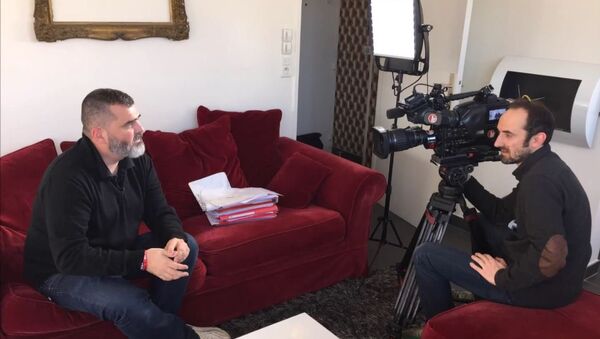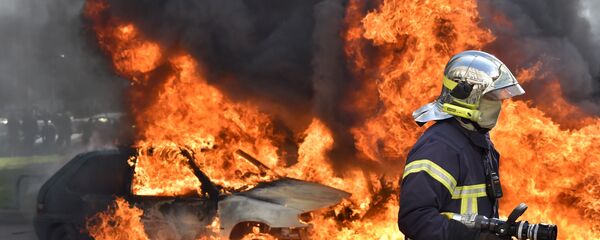In March 2014, Denard had an epileptic seizure while driving. There was an accident, and he was forced to take a leave of temporary disability for 6 months. As a result, Frederick Denard was fired for his prolonged absence. He made it a mission to prove that the seizure and chronic fatigue syndrome was related to his work.
In an interview with Sputnik, Denard explained his situation. “Unfortunately, we still cannot fully explain what professional fatigue syndrome from boring work is. Some continue to explain it as the opposite of the burn-out syndrome, while others call it one of its types. The final decision will be made by a court, I just hope that my particular disease will be recognized and will be determined by its contrast to the emotional burnout syndrome.”
“It turns out that many are experiencing a situation similar to mine. It concerns me that there are people who are silent, because they get paid, because they are afraid to be left without work. I'm fighting for their rights, too. I'm fighting for the rights of those whose lives should not be reduced to a single phrase: ‘rail track movement has been disrupted due to suicide on tracks.’ I'm fighting to see less of such statements.
Sputnik also spoke to Deanrd’s lawyer, Maitre Charni, who said, “This is the first trial, which deals with the phenomenon of professional fatigue syndrome from boring work (bore-out) in front of the State Labor Inspectorate in Paris, and it is the first such process on this subject in France.
The laywer further said that Frederick Denard is facing trial on his own behalf seeking recognition of his symptoms and compensation, but he is also acting on behalf of the group, on behalf of all workers who may find themselves in a similar situation.
“In the case of Frederick Denard we see that the employer did not provide his employee with work for a long time, which led to serious problems of physical and moral conditions. So, we have a breach of contractual obligations, as well as a phenomenon which, according to current research, is observed in about one third of salaried employees in France: suffering or violence.”
“Thus, we are talking about health problems. I think that sooner or later a professional fatigue syndrome from boring work, called bore-out, will enter the list of occupational diseases, so that in the future we do not waste time on a long, painful and multifaceted litigation for it to be recognized,” Charni concluded.



